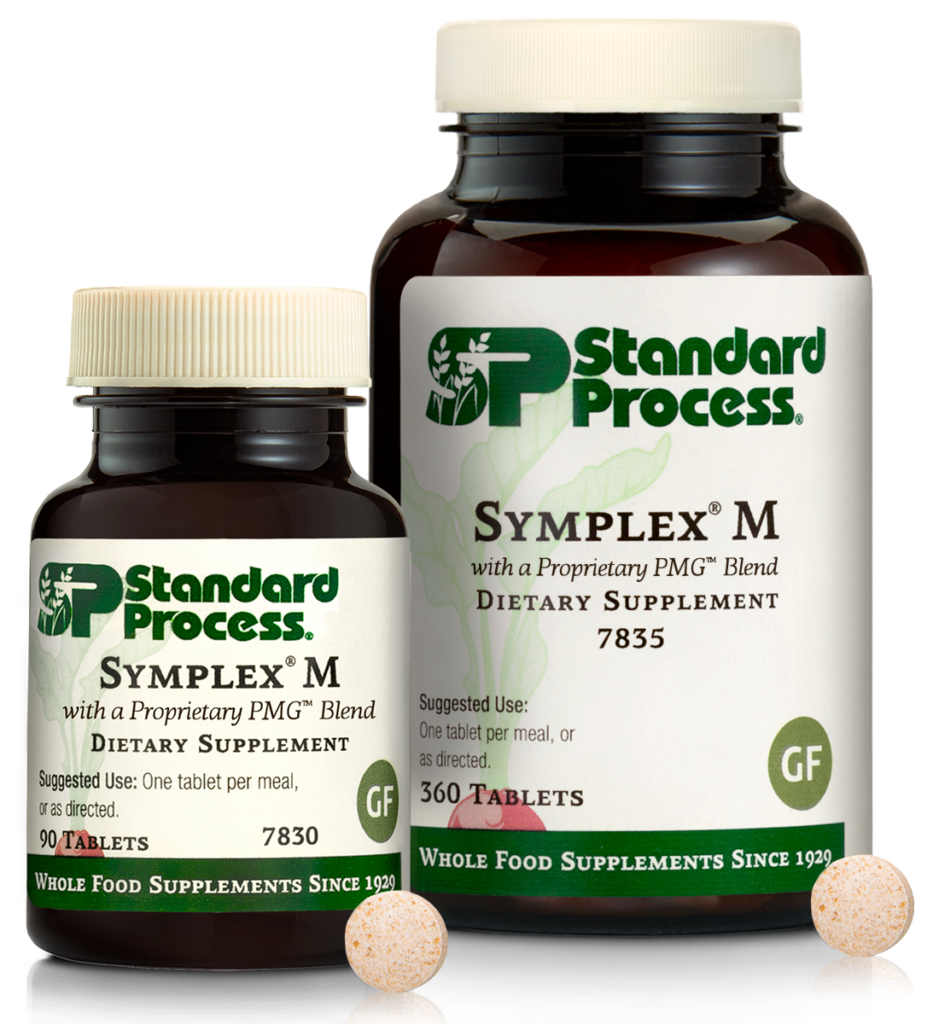Celebrating Fathers: Nourishing Men’s Health at Every Stage
This June, as we honor the fathers in our lives, let’s also celebrate their well-being by exploring the power of nutrition. From young adulthood to the golden years, a balanced diet plays a crucial role in supporting men’s health throughout their life cycle. Join us as we delve into the research-backed foods that can help fathers thrive at every stage.
Young Adulthood: Building a Strong Foundation
For men in their 20s and 30s, the focus should be on laying a solid nutritional foundation for the years ahead. Lean proteins, such as chicken, fish, and legumes, provide the building blocks for muscle growth and repair [1]. Whole grains, like quinoa and brown rice, offer essential fiber and complex carbohydrates for sustained energy [2]. Additionally, leafy greens and vibrant fruits supply vital vitamins, minerals, and antioxidants to support overall well-being [3].
Middle Age: Maintaining Vitality and Preventing Chronic Diseases
As men enter their 40s and 50s, their nutritional needs shift. This is the time to prioritize foods that support heart health, maintain a healthy weight, and reduce the risk of chronic diseases. Fatty fish, such as salmon and mackerel, are rich in omega-3 fatty acids, which can help lower inflammation and protect cardiovascular health [4]. Nuts and seeds provide a dose of heart-healthy fats and fiber, while berries offer a potent punch of antioxidants to combat oxidative stress [5].
Golden Years: Preserving Cognitive and Bone Health
For men in their 60s and beyond, the focus shifts to preserving cognitive function and maintaining strong bones. Fatty fish, once again, play a vital role, as their omega-3 content has been linked to improved brain health and cognitive performance [6]. Dairy products, such as yogurt and raw milk, provide calcium and vitamin D, essential for bone density and strength [7]. Additionally, herbs like saw palmetto, tomatoes, and orchic extract have been shown to support prostate health during this stage of life . Tongkat ali and tribulus are also recommended for their potential benefits in supporting men’s overall health and vitality. Finally, leafy greens like spinach and kale offer a wealth of nutrients that support overall well-being during this life stage [8].
Regardless of their age, fathers deserve to feel their best. By incorporating nutrient-dense foods into their diets, they can not only nourish their bodies but also set an example for their families. This Father’s Day, let’s celebrate the men in our lives by empowering them to make informed choices that support their health and well-being at every stage of their life cycle.
Supplement Protocol for Men’s Health
To support men’s overall health and vitality, here is a recommended supplement protocol incorporating the following products – Click the product name to learn more and purchase.
Symplex M: This comprehensive men’s multivitamin provides essential nutrients tailored for male needs. Take 1 capsule daily with a meal.
MediHerb Tribulus: Tribulus is an herb traditionally used to support male reproductive health and vitality. Take 1-2 tablets twice daily.
MediHerb Tongkat Ali Forte: Tongkat Ali is an adaptogenic herb that may help promote healthy testosterone levels and support overall vitality in men. Take 1-2 tablets twice daily.
Standard Process Prost-X: This herbal blend contains saw palmetto, pygeum, and other botanicals that may support prostate health. Take 2 capsules twice daily.
By combining these supplements, you’ll be nourishing your body with a range of vitamins, minerals, and herbs that can support men’s health from multiple angles. The multivitamin provides a strong nutritional foundation, while the herbal supplements target specific areas like reproductive function, vitality, and prostate health.
As with any supplement regimen, it’s essential to consult with a healthcare professional, especially if you have any underlying conditions or are taking medications. Additionally, maintain a balanced diet and active lifestyle for optimal results.
Resources:
[1] Longvah, T., Ananthan, R., Bhaskarachary, K., & Venkaiah, K. (2017). Indian food composition tables. National Institute of Nutrition, Indian Council of Medical Research.
[2] Slavin, J. L. (2004). Whole grains and human health. Nutrition research reviews, 17(1), 99-110.
[3] Slavin, J. L., & Lloyd, B. (2012). Health benefits of fruits and vegetables. Advances in nutrition, 3(4), 506-516.
[4] Mozaffarian, D., & Wu, J. H. (2011). Omega-3 fatty acids and cardiovascular disease: effects on risk factors, molecular pathways, and clinical events. Journal of the American College of Cardiology, 58(20), 2047-2067.
[5] Jiang, Y., & Duan, X. (2016). Oxidative stress in chronic metabolic disease: An epigenetic perspective. Current Genomics, 17(6), 548-556.
[6] Fotuhi, M., Mohassel, P., & Yaffe, K. (2009). Fish consumption, long-chain omega-3 fatty acids and risk of cognitive decline or Alzheimer disease: a complex association. Nature clinical practice Neurology, 5(3), 140-152.
[7] Weaver, C. M. (2014). Nutrition and bone health. In Modern Nutrition in Health and Disease (pp. 1085-1100). Wolters Kluwer Health/Lippincott Williams & Wilkins.
[8] Slavin, J. L., & Lloyd, B. (2012). Health benefits of fruits and vegetables. Advances in nutrition, 3(4), 506-516.


